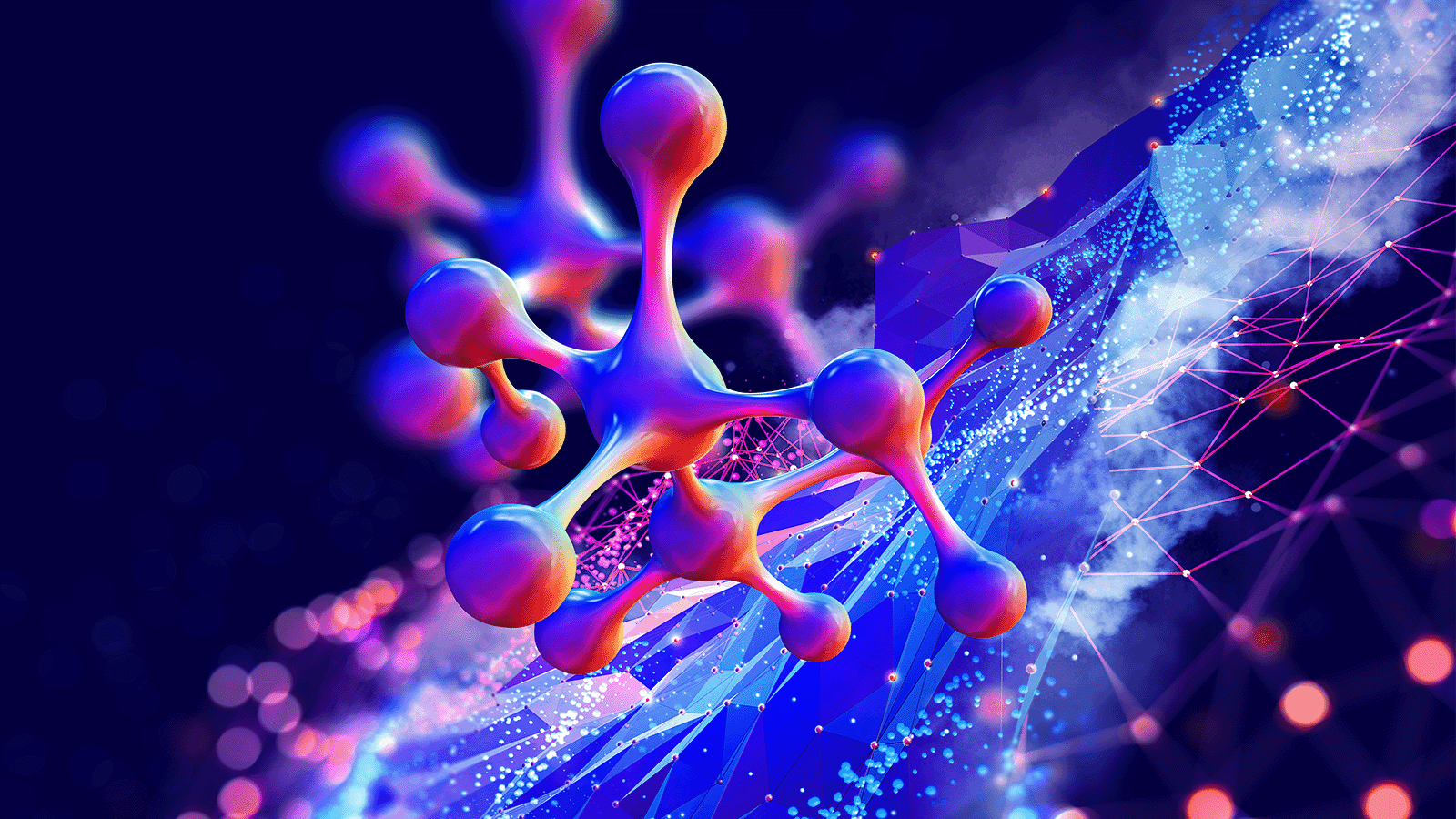Nanotechnology is the manipulation of matter on an atomic and molecular scale, typically dealing with structures between 1 to 100 nanometers in size. This emerging field has the potential to revolutionize various industries and aspects of our daily lives.
Examples of Nanotechnology Applications
- Medicine:
- Drug Delivery: Nanotechnology can improve drug delivery systems by targeting specific cells or tissues, reducing side effects and increasing effectiveness.
- Tissue Engineering: Creating artificial tissues and organs using nanomaterials to regenerate damaged tissues.
- Nanomedicine: Developing nanoscale devices for medical diagnosis, treatment, and monitoring.
- Electronics:
- Transistors: Shrinking transistors to nanometer scales, leading to faster and more powerful computers.
- Nanomaterials: Using nanomaterials to create flexible, transparent, and efficient electronic devices.
- Materials Science:
- Nanomaterials: Developing materials with unique properties, such as increased strength, conductivity, or durability.
- Self-Assembly: Creating materials that can self-assemble into complex structures.
- Energy:
- Batteries: Developing high-capacity batteries for electric vehicles and energy storage.
- Solar Cells: Improving the efficiency of solar cells through nanotechnology.
- Environmental Science:
- Water Purification: Using nanotechnology to filter and purify water.
- Pollution Control: Developing nanomaterials for pollution remediation.
Benefits of Nanotechnology
- Improved Efficiency: Nanotechnology can lead to more efficient products and processes.
- Enhanced Performance: Nanomaterials can have unique properties that improve the performance of products.
- Reduced Costs: Nanotechnology can reduce production costs and increase product affordability.
- New Applications: Nanotechnology can enable the development of entirely new products and technologies.
Challenges and Considerations
- Ethical Concerns: The development and use of nanotechnology raise ethical concerns, such as potential environmental and health risks.
- Regulatory Issues: Ensuring the safe and responsible development and use of nanotechnology requires appropriate regulations.
- Technical Challenges: Working at the nanoscale presents significant technical challenges, such as controlling the properties of materials.
As nanotechnology continues to advance, we can expect to see even more innovative and impactful applications in the years to come.
